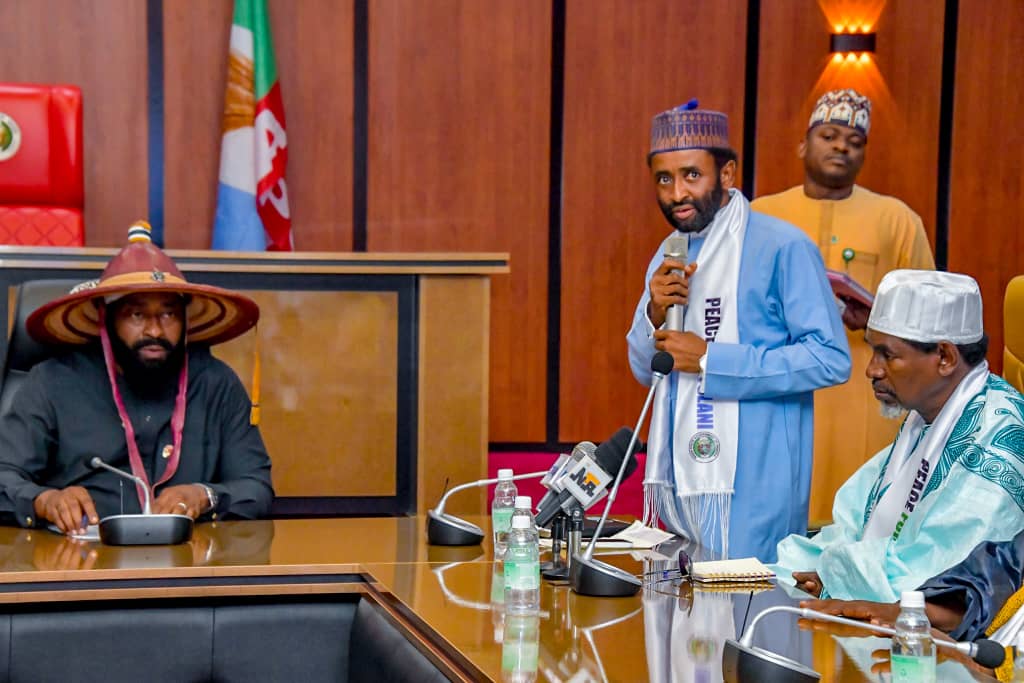Governor Mohammed Umaru Bago of Niger State has re-echoed the need to sensitize the Fulani community to embrace cattle ranching as a modern system of livestock management and a measure to address insecurity caused by farmer-herder clashes.
The governor stated this when he received representatives of various Fulani groups under the auspices of the Madako Foundation for Conflict Resolution and Empowerment, who paid him a courtesy visit at the Government House in Minna.
Governor Bago described ranching as the most sustainable platform for livestock production, stressing that it would not only improve productivity but also generate more income through value-chain opportunities.
He acknowledged the hardworking nature of the Fulani people while urging them to shun acts that involve destroying farmlands.
The governor also encouraged the enrolment of Fulani children in schools, commending the Madako Foundation for its initiative in creating avenues for children to return to school. He further called on educated Fulani leaders to support nomadic education in Niger State.
In his remarks, Dr. Abubakar Umar Girei, who represented the Lamido of Adamawa, commended Governor Bago for his inclusive leadership and continuous support for the Fulani community.
He assured the government of the cooperation of Fulani leaders in fishing out criminals and ensuring peace in the state and beyond.
Chief Executive Officer of Madako Foundation, Hauwa Ibrahim Madako, explained that the foundation was inspired by her personal experience with a child living with a neurological disorder.
She said its objectives include supporting families with special needs children, enrolling school dropouts, conflict resolution, and empowerment, with over 2,000 children nationwide benefiting so far.
Also speaking, Taraba State APC Chairman, Ibrahim Tukur El-Sudi, praised Governor Bago for his concern for the Fulani people and his track record of empowerment.
On her part, the Director General of School Reforms, Hajiya Maimuna Mohammed, lauded the Madako Foundation’s efforts in complementing the state government’s education reforms, which include new model school buildings for Fulani settlements.

